Planning Process in Principles of Management MBA TUTS

Principles of Management 4 Planning in Management YouTube
Principles of Planning in Management. As a primary function of management, planning requires some systematic principles. The well-known writers Koontz and O'Donnell have formulated certain fundamental principles of planning for the benefit of managers. These are the following principles of planning in management:

16 Principles of Planning in Management BokasTutor
Principles of Planning in Management Planning refers to the predetermination of future courses of action to achieve desired organizational objectives. It is an important function of management. Planning aims to ensure efficient goal achievement. For this, effective planning is necessary.

Characteristics of Management Principles of Management
Planning is an essential tool for organizational success and goal achievement. It is the basic and most significant management function. Planning needs to be effective, and for its effectiveness, certain principles are required to follow. Let's discuss some principles of planning function by which you can make better plans. Principle of.

Principles of Management Unit 1(P5) Introduction to Management Process and Functions of
Planning is the primary function of management that involves formulating a future course of action for accomplishing a specific purpose. Planning enables managers to decide what task to do, how to do the task, when to do the task and by whom the task has to be done. Table of Content 1 What is Planning? 2 Definitions of Planning
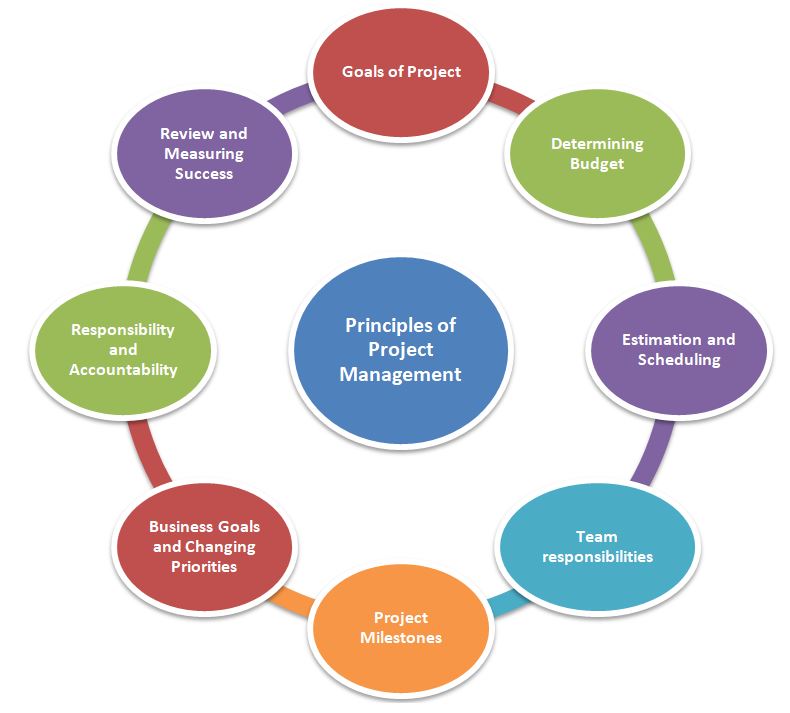
Project Management StudiousGuy
A manager's primary challenge is to solve problems creatively. While drawing from a variety of academic disciplines, and to help managers respond to the challenge of creative problem solving, principles of management have long been categorized into the four major functions of planning, organizing, leading, and controlling (the P-O-L-C framework).

Principles of Management Planning Dr Saeed YouTube
Plans have two basic components: outcome or goal statements and action statements. Outcome or goal statements represent the end state—the targets and outcomes managers hope to attain. Action statements reflect the means by which organizations move forward to attain their goals.
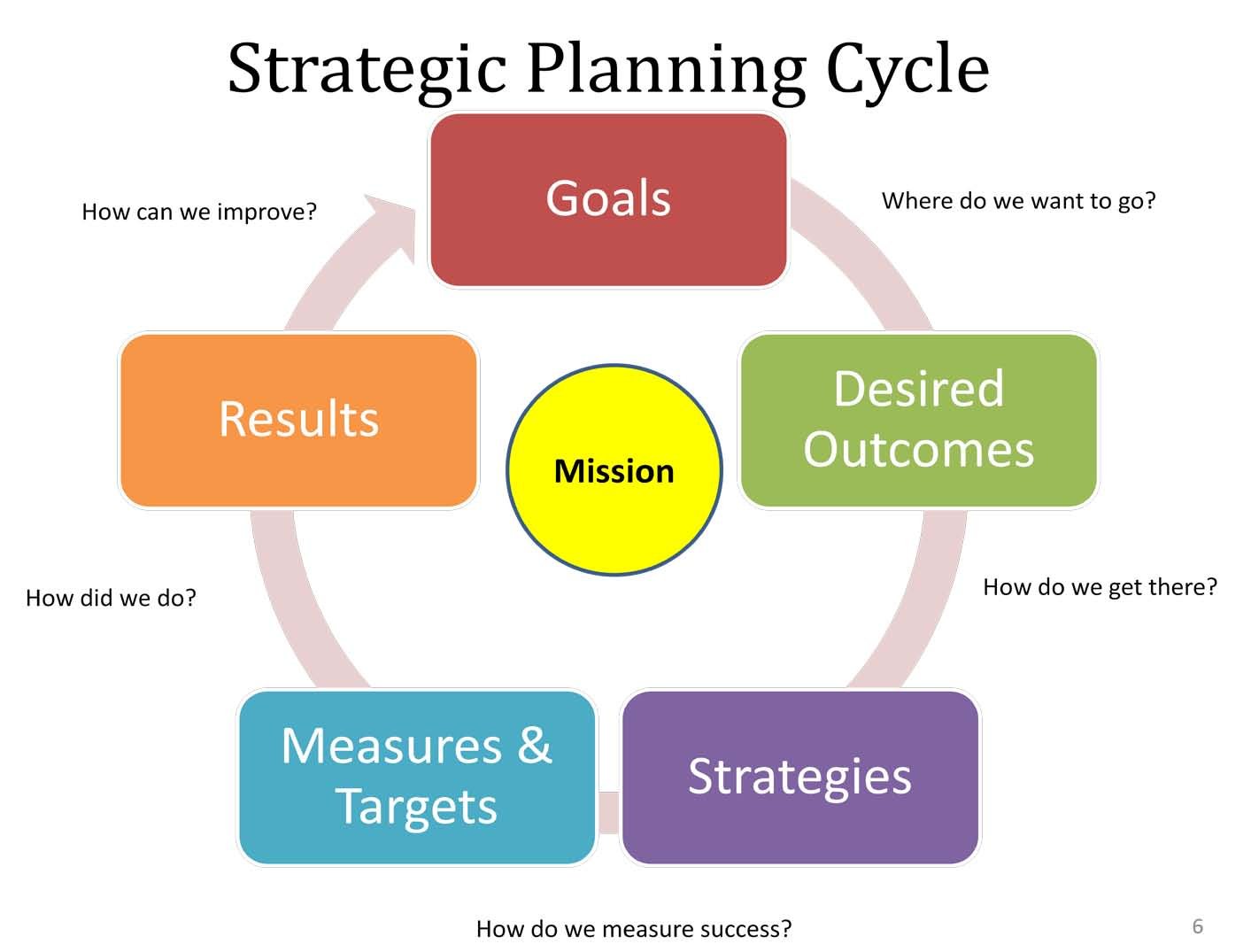
Advantages of Planning Management Guru Management Guru
Management Planning Process. An effective management planning process includes evaluating long-term corporate objectives. Management planning is the process of assessing an organization's goals and creating a realistic, detailed plan of action for meeting those goals.. Much like writing a business plan takes into consideration short and long-term corporate strategies.
Embrace Millcreek Millcreek Township, PA
Planning is the function of management that involves setting objectives and determining a course of action for achieving those objectives. Planning requires that managers be aware of environmental conditions facing their organization and forecast future conditions. It also requires that managers be good decision makers.
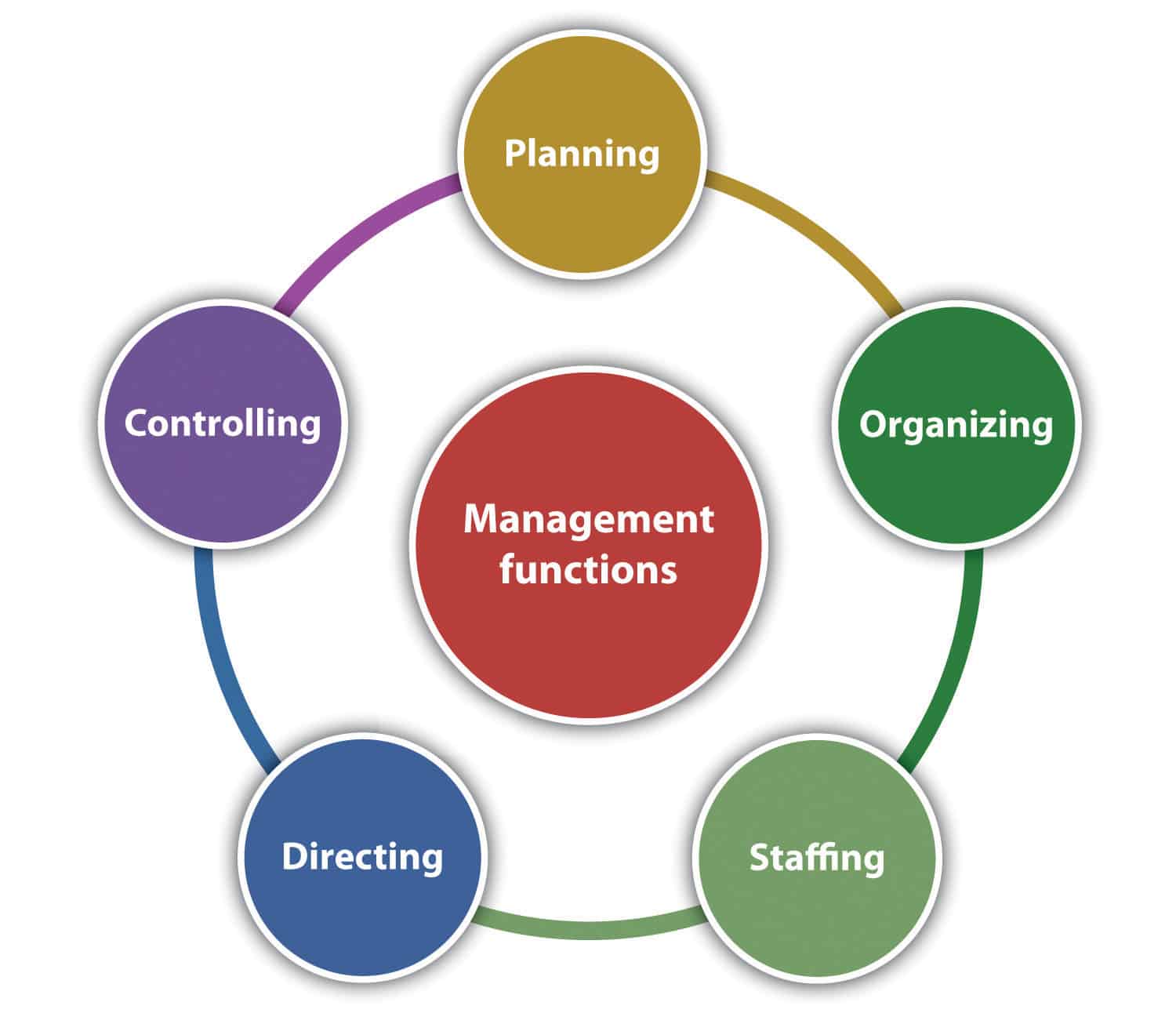
What is Management? Management Study HQ
Define objectives The first, and most crucial, step in the planning process is to determine what is to be accomplished during the planning period. The vision and mission statements provide long-term, broad guidance on where the organization is going and how it will get there.
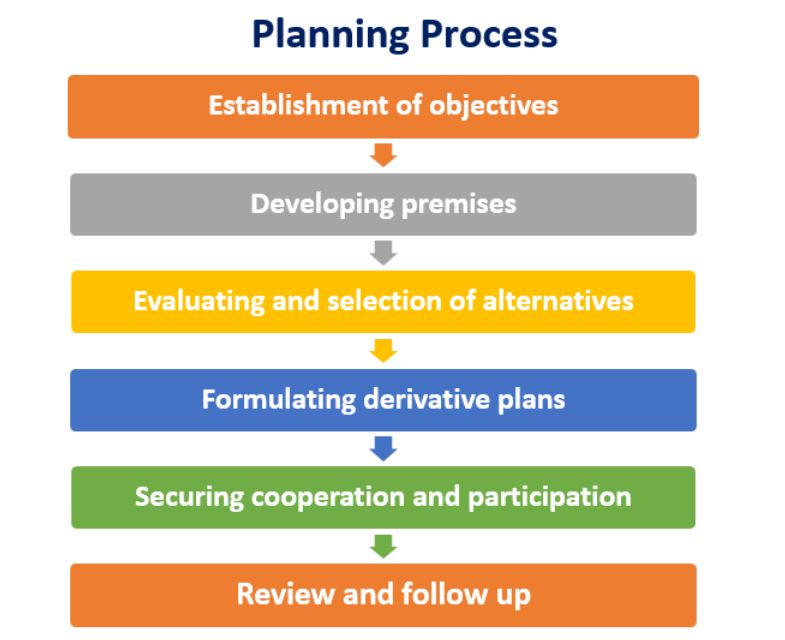
Planning Nature, Elements, Process, Approach, Importance BBAmantra
Key Takeaway. The principles of management can be distilled down to four critical functions. These functions are planning, organizing, leading, and controlling. This P-O-L-C framework provides useful guidance into what the ideal job of a manager should look like. CC licensed content, Shared previously.
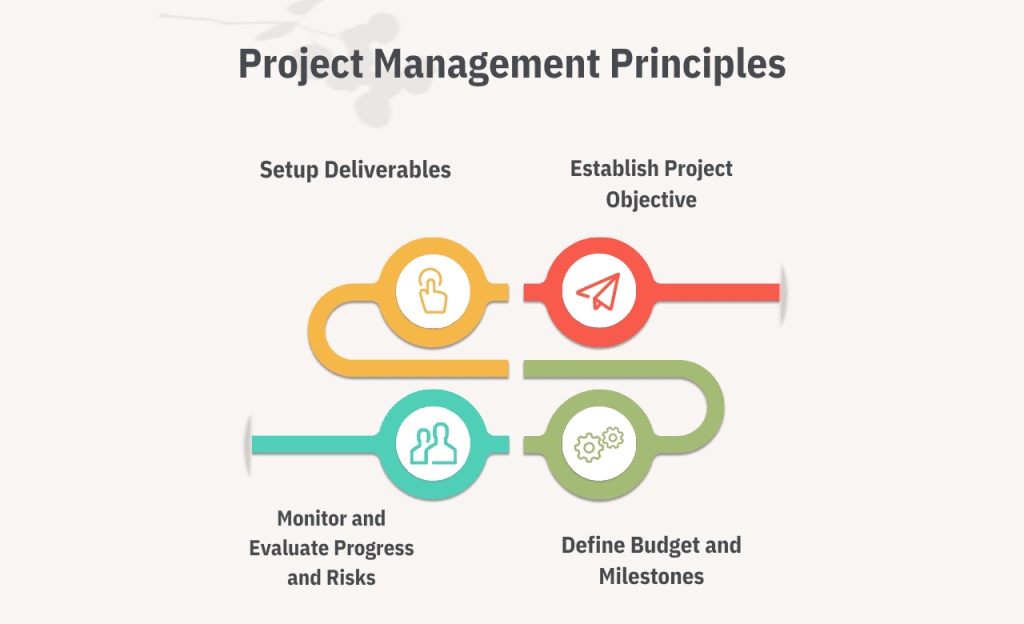
Project Management Principles and Best Practices for Team Building
She worked as a management and political theorist, introducing such phrases as "conflict resolution," "authority and power," and "the task of leadership." 2 The fundamental notion of principles of management was developed by French management theorist Henri Fayol (1841-1925). He is credited with the original planning-organizing.

Principles of Planning Concept of Planning Principles of Management
All levels of management are involved in planning. Long-range planning and strategic planning are the responsibility of top management, while intermediate and short-range planning are the concerns of middle and operative management. Principle of Navigational Change

Strategic planning advisory Nedrelid Corporate Advisory
While drawing from a variety of academic disciplines, and to help managers respond to the challenge of creative problem solving, principles of management have long been categorized into the four major functions of planning, organizing, leading, and controlling (the P-O-L-C framework).

Hierarchy of Planning in Principles of Management
Hierarchical Plans. Organizations can be viewed as a three-layer cake, with its three levels of organizational needs. Each of the three levels—institutional, administrative, and technical core—is associated with a particular type of plan. As revealed in Table 17.1, the three types of hierarchical plans are strategic, administrative, and.

Types of Plan An Easy Explanation To 7 Types of Plans
Principles of Planning in Management is the fundamental function of every management. It lays the foundation for the success of an organization. Effective planning helps organizations allocate resources efficiently, enhance decision-making, and reduce uncertainties.

Principles Of Management Unit 1 Introduction to POM Study materials
Steps in Planning Process Principles of Planning Types of Plans Features of a Good Plan Relationship between Planning and Control Importance of Planning Advantages of Planning Limitations of Planning Barriers to Planning Read this article to get the answers of: Why is planning an important function of management?